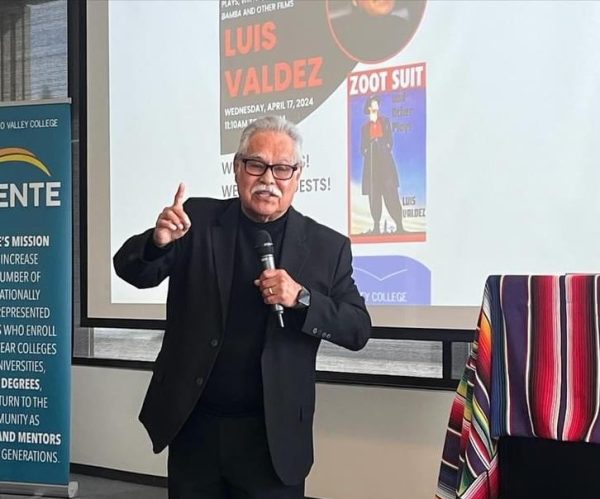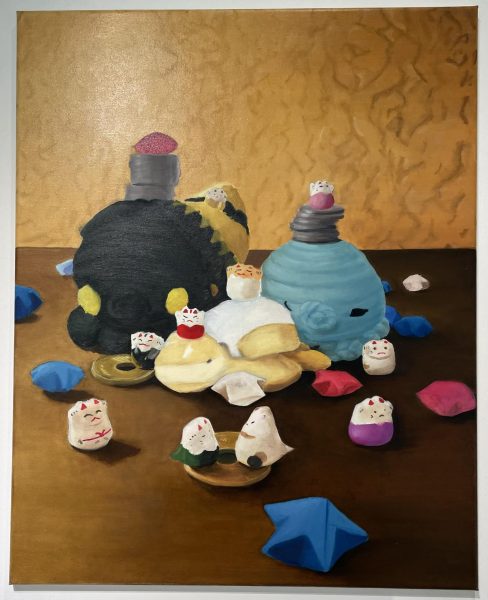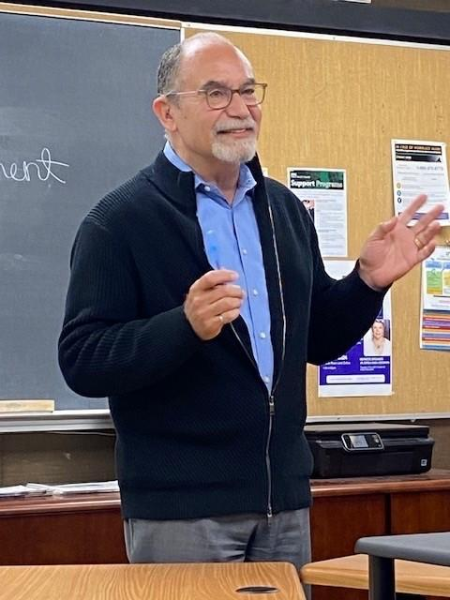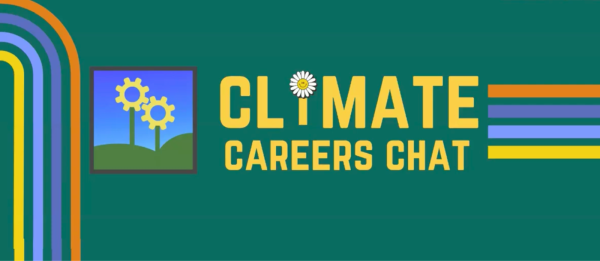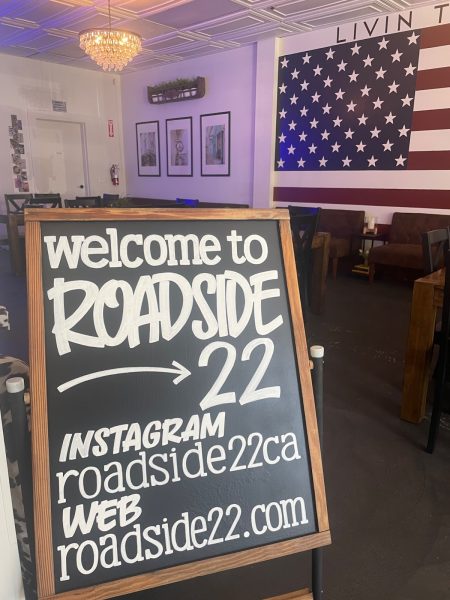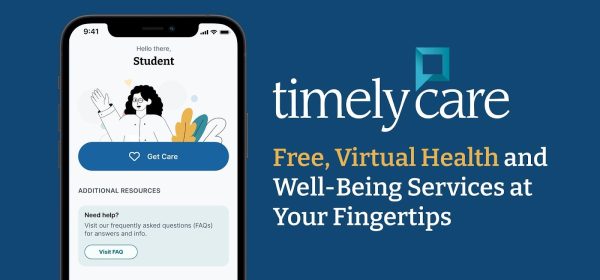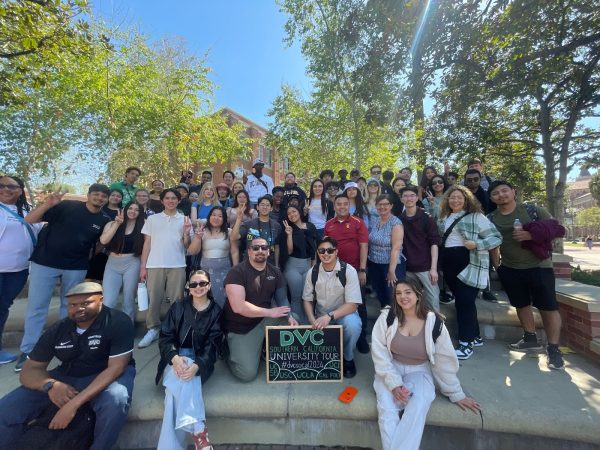Sharing Perspective: Ana Castillo Uses Autobiographies to Inspire Students
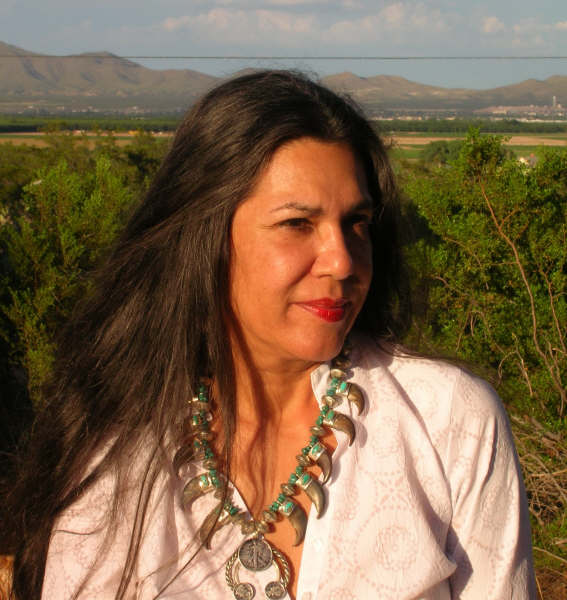
Ana Castillo, courtesy of CreativeCommons.org.
November 13, 2020
Ana Castillo, who has eight published novels, has been a literary light for many people, especially those in the Latino community. On Nov. 2, the Diablo Valley College Puente Project organized a zoom meeting with Castillo to give students the chance to meet the author who is inspiring a generation of Latinos to see themselves as storytellers and use their own experiences to inspire others.
Castillo has chronicled many episodes in her life through stories of her mother, son, other loved ones, and an autobiography. As Anthony Gonzales, an English professor at DVC and team member of the Puente Project, was getting ready to introduce her, he said, “We all feel like we know you already. We’ve read about your childhood and we’ve read about your experiences growing up.”
Through her novels, Castillo shared her ups and downs. She talked about the times when her life was filled with love as well as the difficulties she and her family had to go through. “We feel like we’ve been with you throughout the way,” said Gonzales.
Castillo started by mentioning some of the risks of writing about your life and gave tips on having confidence when it comes to publishing something so personal. She said that above all, you must write in your own language: the language that fills your head with thoughts and ideas, the language that you conjure when you’re thinking or alone and drifting off in thought.
This is your language, Castillo said.
“When writing, your first thought is always realizing that somebody out there is going to read it. My mother-in-law’s going to read it, or my mother’s going to read it or my brother is going to, and they’re going to argue with me about some things I said in my writing,” Castillo told her viewers.
“So you go through all these things in your head and eventually just decide to sit down and really think about all the things that you went through that people of all ages and all backgrounds might also relate to. It’s your story to tell and you shouldn’t censor yourself.”
Castillo also said that another challenge when writing is choosing the story you think people will relate to most.
“Everyone has their own perspective of things. People may interpret memories, scenes, or passages differently than the way they were envisioned by the writer. What may be a sad moment for you can be a normal thing for others,” she said.
As an example, Castillo read a passage from her book My Mother’s Mexico so students could “see” the passage through her eyes.
Aside from reading, Castillo took the opportunity to answer questions, one of which came from a student named Jimena Velo, who asked, “What advice would you give to young people who are still trying to figure out who they are, in terms of their identity?”
Castillo answered, “You know, we’re always in the process of coming into being. And just when you figure that out, you’re moving to a different decade in your life and you’ve got different challenges. So your identity, so to speak, is always evolving.”
“There’s like a seed or root that helps you become somebody totally different when you turn 30 from your 20s,” she added.
Castillo spent the session advising students who were interested in writing or were curious about how she went through all the hardships that she wrote about. In My Mother’s Mexico, Castillo tells about how her mother and grandparents dealt with “poverty” and “brutal urban reality”: how her grandfather would sell bread in the streets while her grandmother was sick at home, and how her mother had to walk miles from the house where she was taking care of her mother in order to help her father.
Castillo wanted students to know that difficulties of life start even before you’re born – and sometimes you have no choice but to face those problems and fight to make your future better.





































































